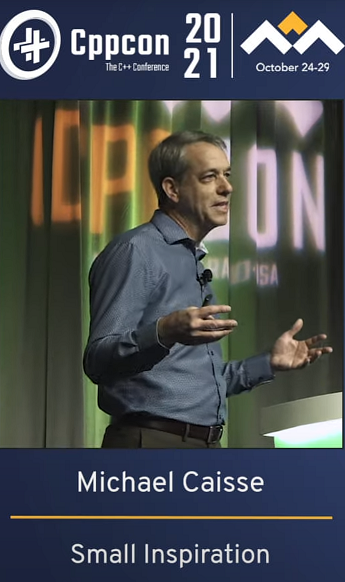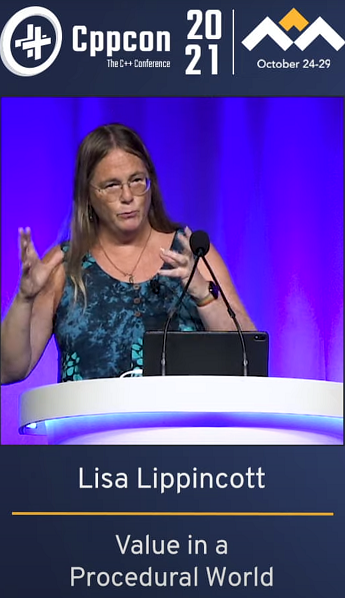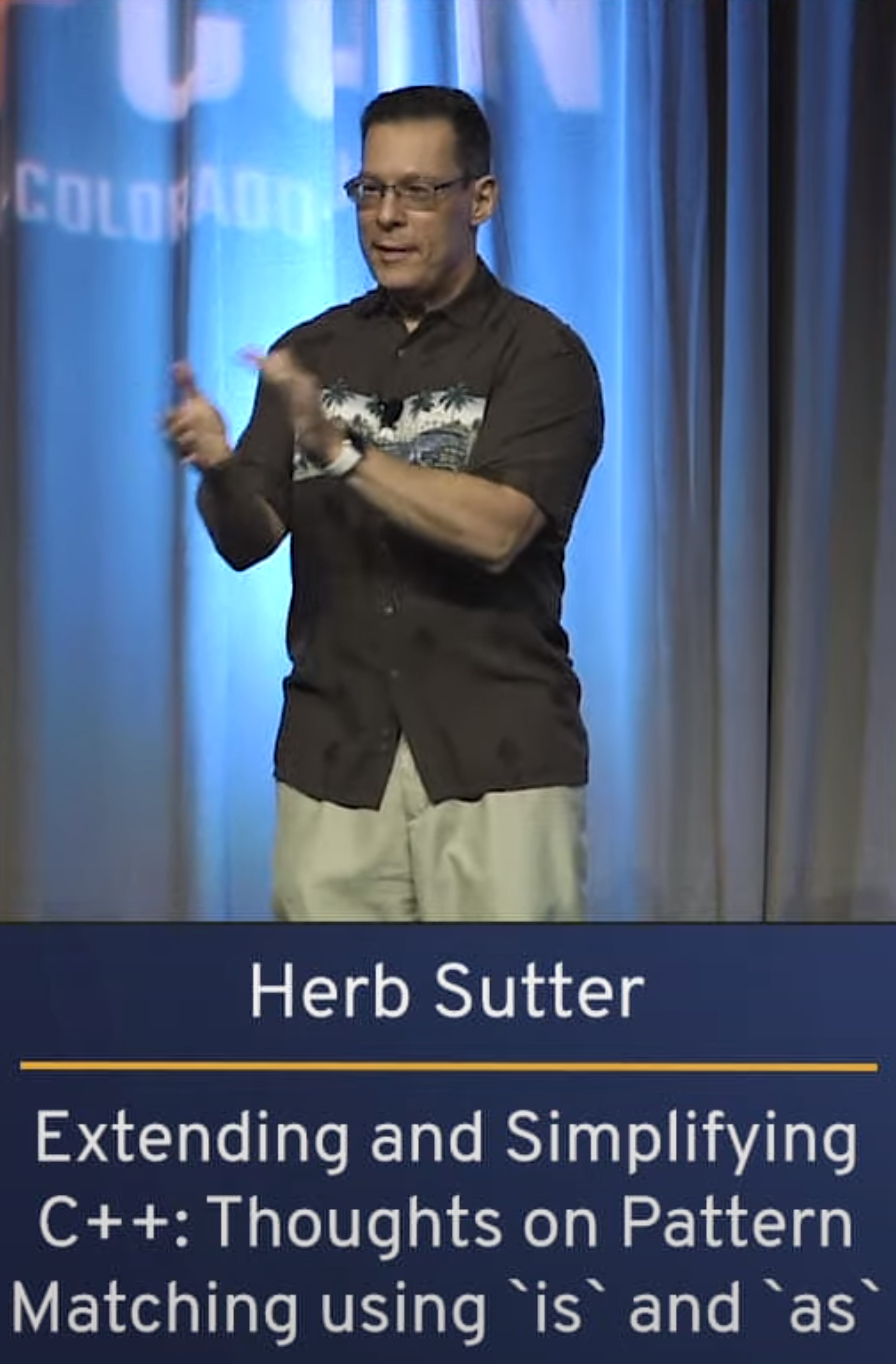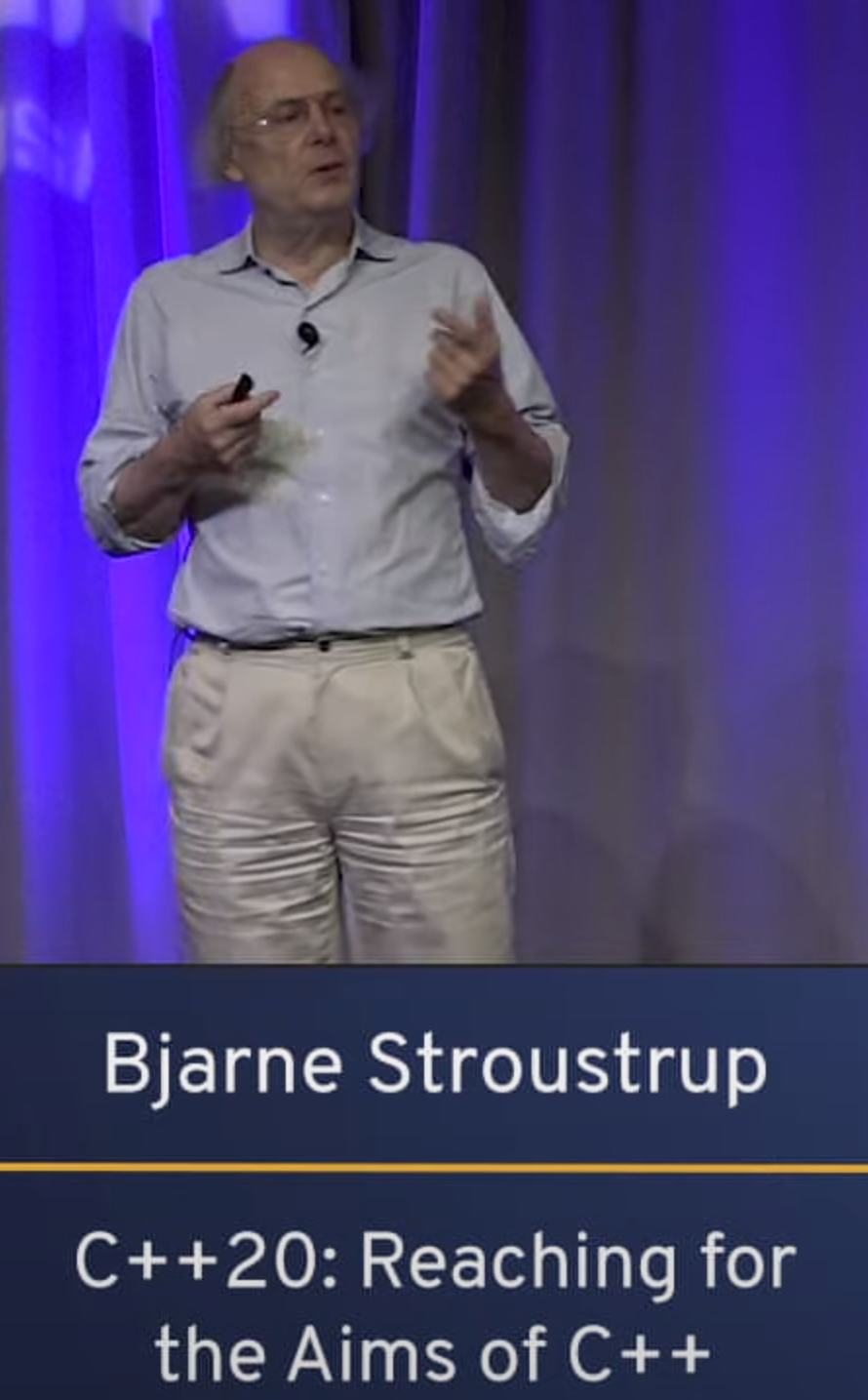Audio Programming with Cinder -- Richard Thomson
Utah C++ Programmers has released a new video.
Audio Programming with Cinder
by Richard Thomson
From the video description:
This Fall we will look into some audio libraries for C++ developers. A couple years ago we took a general look at Cinder. Cinder is a C++ library for programming with aesthetic intent - the sort of development often called creative coding. This includes domains like graphics, audio, video, and computational geometry. Cinder is cross-platform, with official support for macOS, Windows, Linux, iOS, and Windows UWP.
This month, Richard Thomson will give us a more in-depth look at audio programming with Cinder. We'll start with a look at the "voice API", which is suitable for simple audio playback. Next, we'll dive deeper by looking at the "modular API" for more advanced audio processing, including digital signal processing.

 The fourth keynote from CppCon 2021 is now publicly available via JetBrains, our video sponsor:
The fourth keynote from CppCon 2021 is now publicly available via JetBrains, our video sponsor: The third keynote from CppCon 2021 is now publicly available via JetBrains, our video sponsor:
The third keynote from CppCon 2021 is now publicly available via JetBrains, our video sponsor: The second keynote from CppCon 2021 is now publicly available via JetBrains, our video sponsor:
The second keynote from CppCon 2021 is now publicly available via JetBrains, our video sponsor: The second video from CppCon 2021 is now publicly available via JetBrains, our video sponsor:
The second video from CppCon 2021 is now publicly available via JetBrains, our video sponsor: JetBrains
JetBrains